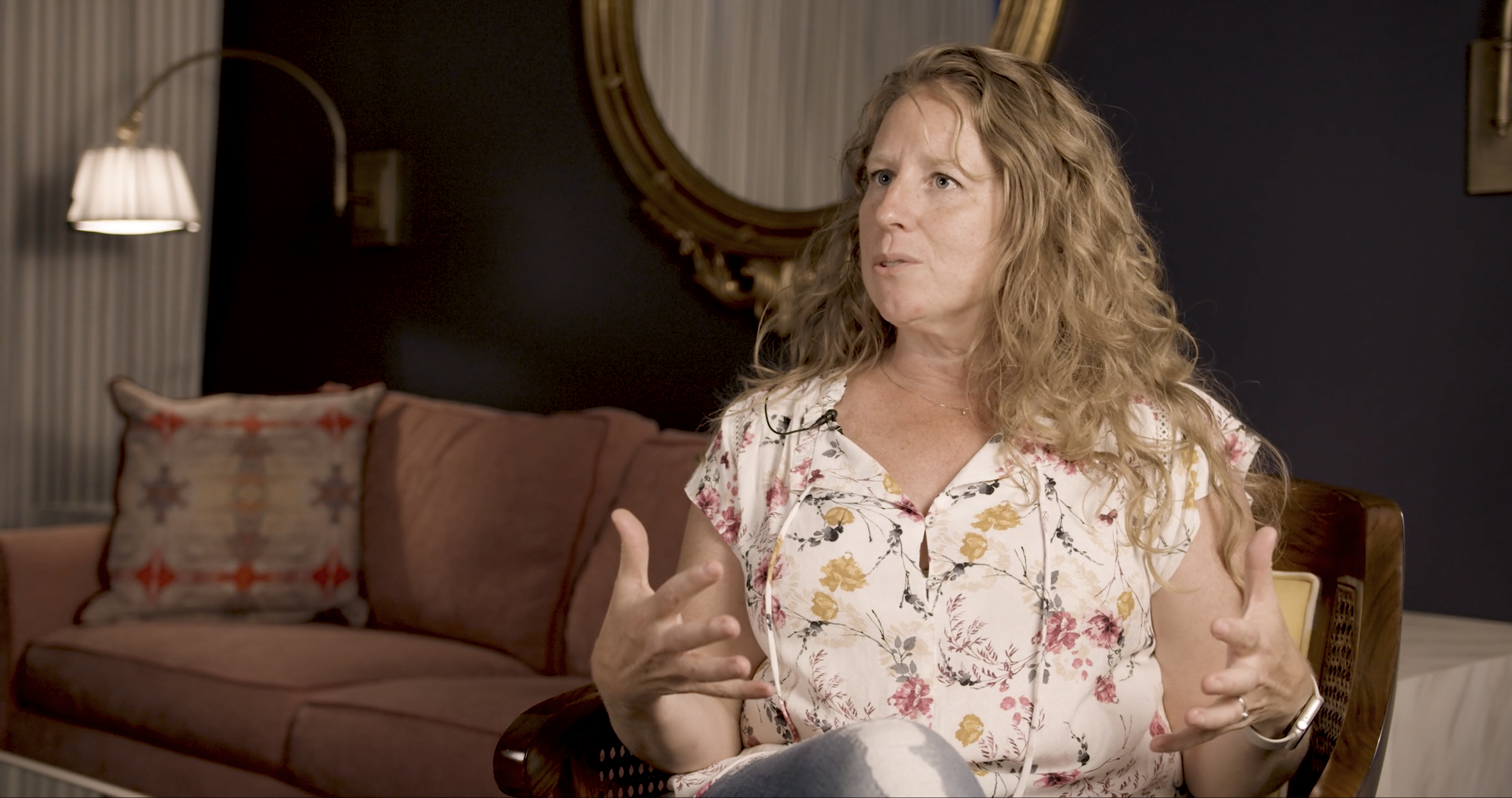Rachel Irvin is a veteran elementary school teacher of 27 years from southeastern Pennsylvania. She finds a lot of joy in teaching, especially when she watches younger students grasp concepts for the first time. Rachel shares that she “loves the creativity they bring and their attention to detail”.
What Rachel doesn’t ‘love’ about her job is the union that represents teachers and other professional employees in her school district, the Pennsylvania State Education Association (PSEA) and the National Education Association (NEA).
She explains, “When I first got into teaching. I didn’t know anything else…there’s someone there going, ‘Oh, here, join the union, sign up.’ And it’s kind of almost this expectation that that’s just what you have to do.”
Rachel was never a huge supporter of the union and didn’t truly understand how the union was helping teachers. During a few contract negotiations, she saw that younger teachers didn’t benefit from contract negotiations as much as veteran teachers, yet they all paid the same amount in dues. Each contract seemed to favor veteran teachers with steeper raises than newer teachers received, and adjusted the salary scale so that it took more and more years to reach the top salary step. Negotiated contracts that heavily favored senior teachers, without even asking newer teachers what was important to them, made Rachel completely disinterested in being a union member.
In addition to not supporting her as a younger teacher, Rachel also did not feel her political views were represented by the union. As a dues-paying union member, Rachel said the union was “putting money [towards] things that I would never even imagine paying for… towards the political things and the social things that I don’t agree with.” So, when a friend informed Rachel that she could leave the union, she acted right away and resigned her membership.
But this wasn’t the end of Rachel’s journey with her union. She shared that, “I think unions can be good. I think local unions would be the best way to run a union and pay attention and be focused on just that community and those community needs.” She feels that local unions are more aligned with the individuals they represent and that they want to spend dues money on actual representation of their members, not state and national politics.
Because of exclusive representation, Rachel could not simply leave the state and national unions, PSEA and NEA, and remain a member of her local. When she resigned, she was forced to resign her membership to all three levels of the union. Because of this structure, Rachel and her colleagues explored the process to create a local union, independent from the state and national unions.
Rachel and her colleagues quickly learned that decertifying their union was not an easy process. She lists the tight timeframe and inability to quickly share information with bargaining unit members across the district as two of the largest obstacles to decertifying their current union and replacing it with an independent local union. Until the window for decertification reopens, Rachel continues to talk with her colleagues about their union membership options.
When asked about her experience outside of the union and as a member of AFFT, Rachel shared that AFFT is “a wealth of resources and knowledge” and that she enjoys the opportunities that AFFT offers, like “coming together and talking about policy and how to make things better for people and how to help get people out of the union or understand what the union’s doing”. No longer a member of the union, Rachel finds that her voice is heard and respected.
